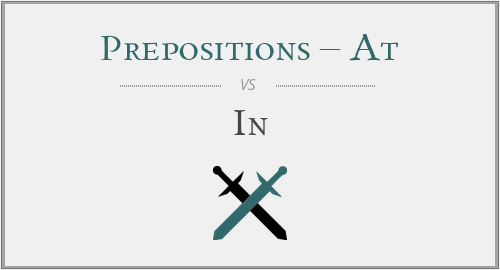
date, or time, or about a place and so on. Let’s discuss these prepositions and their uses in detail
with reference to time.
Use
at – for telling exact time. For example, at 3pm.
My birthday falls on January 24, 1998. This means I was born in January in (the year) 1998. I am also
the lucky one to be born in the 20th century. I am so excited to inform all this to my Maths teacher
when I meet her on Sunday at 3pm.
In the morning
In the afternoon
In the evening
But – at night!
But when you specify a day, then you have to say – on <day> morning.
I met my friend in the morning.
For festivals that are on fixed dates, we add at. Example, at Christmas. But for festivals which do not
Weekends
English. You may have seen phrases like “I will stay here over the weekend”, “I will come to your
home on weekends”, “I will be here at weekends” or “We have some plans for the weekend”. All of
2. I will come to your home on weekends – its going to be a regular affair – that is I will be coming to
Here, you can also use on or at in place of for and the sentence will still be correct. “We have some
plans on the weekend” or “We have some plans at the weekend”
Do not use in/at/on with last/next/this/every
Never say – I met her on last Friday. That’s WRONG.
CORRECT – I met her last Friday.
WRONG – They went for a movie on this Sunday.
CORRECT – They went for a movie this Sunday.
CORRECT – I play tennis every Saturday.
On time/In time
Confused? Let’s see an example.
I hope she arrives home in time to see the full movie. This means she wasn’t too late and arrived just
At the end/In the end
At the end of the award ceremony, we went and took photographs with the winner.
Examples -
At first, I did not like her attitude. However, in the end, we became good friends.
At the end of the speech, you can conclude by saying, “In the end, I would like to thank everyone for
the support I got from each of you.”
can try to see if you have understood it all –
5. Will you come for a walk with me ___ the evening?
Enjoy!




Have a discussion about this article with the community:
Report Comment
We're doing our best to make sure our content is useful, accurate and safe.
If by any chance you spot an inappropriate comment while navigating through our website please use this form to let us know, and we'll take care of it shortly.
Attachment
You need to be logged in to favorite.
Log In